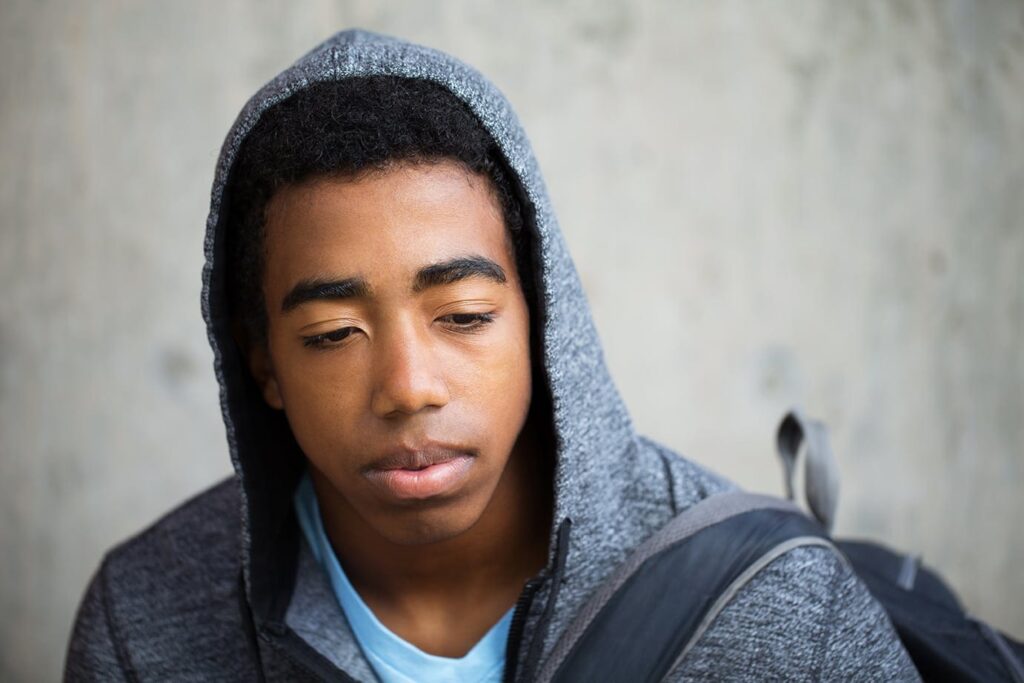The newly formed Federal Commission on School Safety, chaired by U.S. Secretary of Education Betsy DeVos, is underway this month. Among key things being considered by the commission is the repeal of the Obama-era school discipline guidance, which aims to address the racial disparities found in school discipline practices across the country. The guidance encourages practices such as restorative justice, and places important civil rights protections for our students of color and our students with disabilities.
All of this comes right when the nonpartisan Government Accountability office (GAO) issued a report that underscores how dire and disparate the situation is for Black students.
Consider this:
- Black children represent 19 percent of preschool enrollment, but account for 47 percent of out-of-school suspensions.
- In K-12, Black boys and girls are the only racial group where both sexes are disproportionately disciplined across all methods – expulsions, in-school and out-of-school suspensions, corporal punishment, referral to law enforcement and school-related arrests.
- Black students with disabilities represent 19 percent of the student population, yet currently account for nearly 36 percent of students with disabilities suspended from school.
Why is this happening? Because across the country, Black students bear the burden of a pervasive societal perception where blackness is synonymous with dangerous. Where they are seen as problems well before they are seen as human.
During my first year of teaching, I taught in a school where zero-tolerance school discipline policies essentially guided school culture and every teacher’s classroom management practices. As a Black teacher, I noticed how exclusionary discipline practices quickly destroyed Black curiosity, innovation, creativity or any further attempts to challenge the status quo. One school day, I witnessed a Black girl in the first grade being served a suspension. Her “crime”? Voicing her frustration with the school’s “no talking in the hallways” policy.
When implicit bias permeates our school discipline practices, it is a civil rights issue. A repeal of the current school discipline guidance sends a message to our students that upholding their civil rights is in fact not a priority.
Returning to disciplinary policies that disproportionately push out students of color and students with disabilities is simply wrong. As we rethink school discipline practices at all levels of government (federal, state, and local), we need leaders who will strategically and intentionally focus our implementation practices with equity and inclusion in mind.
There are important opportunities within ESSA, the restorative justice practices, and the culturally responsive pedagogy that can no longer be overlooked in the school discipline conversations. We hope the commission will take all the facts into consideration and make an informed decision.




